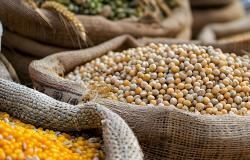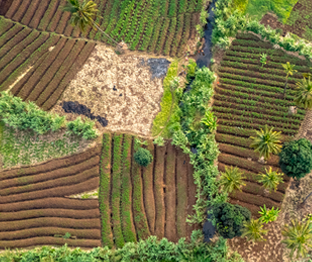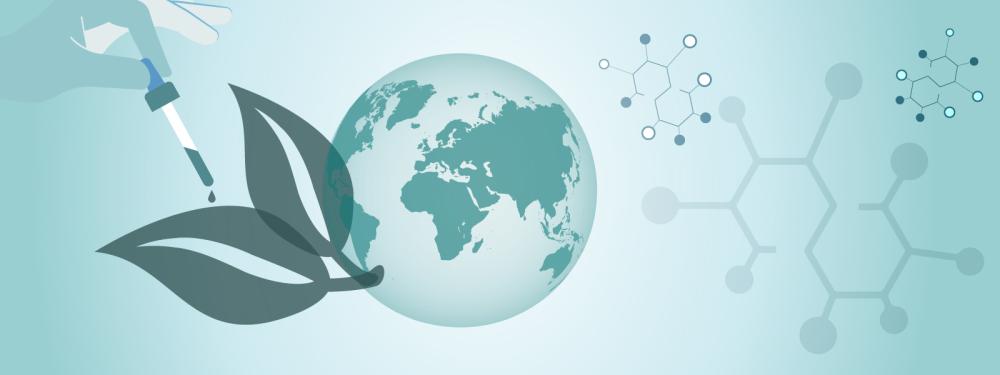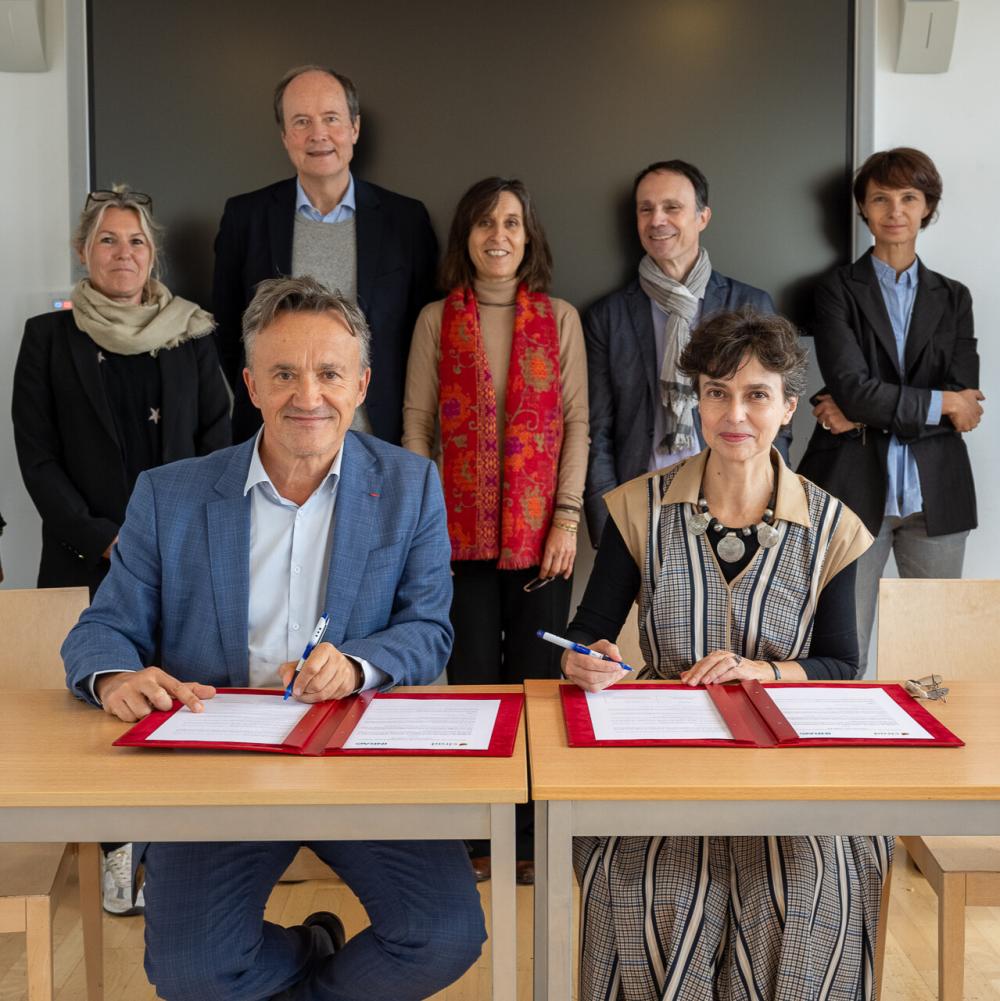The TSARA international initiative

The transformation of food systems is one of the main levers of action identified for achieving the 2030 Agenda. In Africa, Europe and the rest of the world, transforming agricultural and food systems is a major challenge, to make them more productive, resilient, inclusive, autonomous and sustainable.
Against a backdrop of a growing population and climate change, this transformation must ensure food security and sovereignty, create high-quality jobs, adapt to and limit global warming, and preserve natural resources such as water, soil and biodiversity, as well as global health. In this context, the agroecological transition is a lever for resilience in the face of multiple, interconnected crises.
Based on the co-construction between research and training institutions in Africa and Europe, the TSARA initiative aims to develop long-term research partnerships to support the transformation of food and agricultural systems. It addresses the challenges that Africa and Europe have to face together, by sharing knowledge and practices, research projects and actions, innovation and training, which are lasting and impact-orientated. These actions are carried out in support of local players, public policies and international initiatives. TSARA thus contributes to meeting the priorities identified by the African Union and the European Union.
What is the TSARA initiative?
Its creation: Official launch of TSARA at the Paris International Agricultural Show in March 2022
Its members: 32 research organisations from 17 countries in Africa and Europe (2025)
Its raison d'être: to support the transformation towards productive, resilient, inclusive, autonomous and sustainable food and agricultural systems through partnership research
Its strengths: co-construction, research synergies, cross- and trans-disciplinarity, diversity and complementarity of knowledge, methods, inclusive approaches in terms of languages and working cultures.
Themes: agroecology, water, nutrition, work and employment, soils, livestock farming, forests and agroforestry, One Health, digital technologies
INRAE, invested in the development of interknowledge actions and partnership projects
Since 2022, INRAE has been providing financial support to assist the mobilisation of INRAE teams in the initiative. Starting in 2024, this support has made it possible to fund, for a total of 1 million euros over 3 years, some forty start-up projects, interknowledge actions and training, involving INRAE's 14 scientific divisions and more than forty research teams from 17 African countries and CIRAD.
TSARA in action
MAHDIA – combining agroecology and water resilience for sustainable food systems through collective intelligence and territorial support
Coordinated by Olivier Lepiller (CIRAD) and Sami Bouarfa (INRAE), MAHDIA is a project based in the Meknes region in Morocco, the Kairouan region in Tunisia and the town of Fatick in Senegal. Backed by platforms dedicated to agroecological approaches, it aims to meet the economic, social, environmental and health challenges facing these regions. How can one accompany the commitment to an agroecological development path that reconciles water resilience, food security and nutritional quality? MAHDIA is developing tools, approaches and regional platforms that bring together all the players in the food systems, to promote food products of regional interest at the crossroads of these different issues, from production through to processing right up to consumption.

Learn more on MAHDIA
Olivier Lepiller and Sami Bouarfa explain the projectProject coordinators introduce us to the concept of a ‘product of regional interest’, linking agricultural, food, environmental, cultural and health issues, an innovative approach on which the project is based.
Partners: CIRAD, Ecole Nationale d'Agriculture de Meknès (National School of Agriculture in Meknes, ENAM), Institut National Agronomique de Tunisie (National Institute of Agronomic Research of Tunisia, INAT), Institut Sénégalais de Recherches Agricoles (Senegalese Institute for Agricultural Research, ISRA), INRAE, the Institut Agro Montpellier and the CIHEAM-IAMM.
FAMA - Food And Microbiota in Africa - Nutrition, from microbiota to public policy
Coordinated by Arlène Alpha (CIRAD), with the participation of Emmanuelle Maguin and Marie-Josephe Amiot-Carlin (INRAE), this project brings together partners from South Africa, Senegal and France. It aims to generate knowledge about the African microbiota and the link between traditional and indigenous African foods and nutritional health, strengthen their value chains and formulate recommendations for policy support for these sectors. Inclusivity in terms of income and employment for women and young people throughout the value chains, as well as the environmental sustainability of these agri-food systems, are at the heart of the project.
Partners: ARC (South Africa), University of Pretoria, University of the Western Cape, CSIR, UCAD, INRAE, CIRAD
Launch of 2 European projects for the Mediterranean: TSARA takes a new step in 2025
• MORFeuS: Focused on territorial approaches and decision-support tools for resilience (Algeria, France, Morocco, Portugal, Tunisia).
• AQUEDUCT: Developing water accounting methods in crisis situations, including climate change and external shocks (Spain, France, Italy, Morocco, Tunisia).
INRAE call for expressions of interest (AMI) for TSARA: the example of SoilAfricao
SoilAfricao was launched in 2023 and aims to develop a partnership-based research network on soil issues in West Africa, bringing together European partners (INRAE, IRD, CIRAD) and several partners in West Africa.



